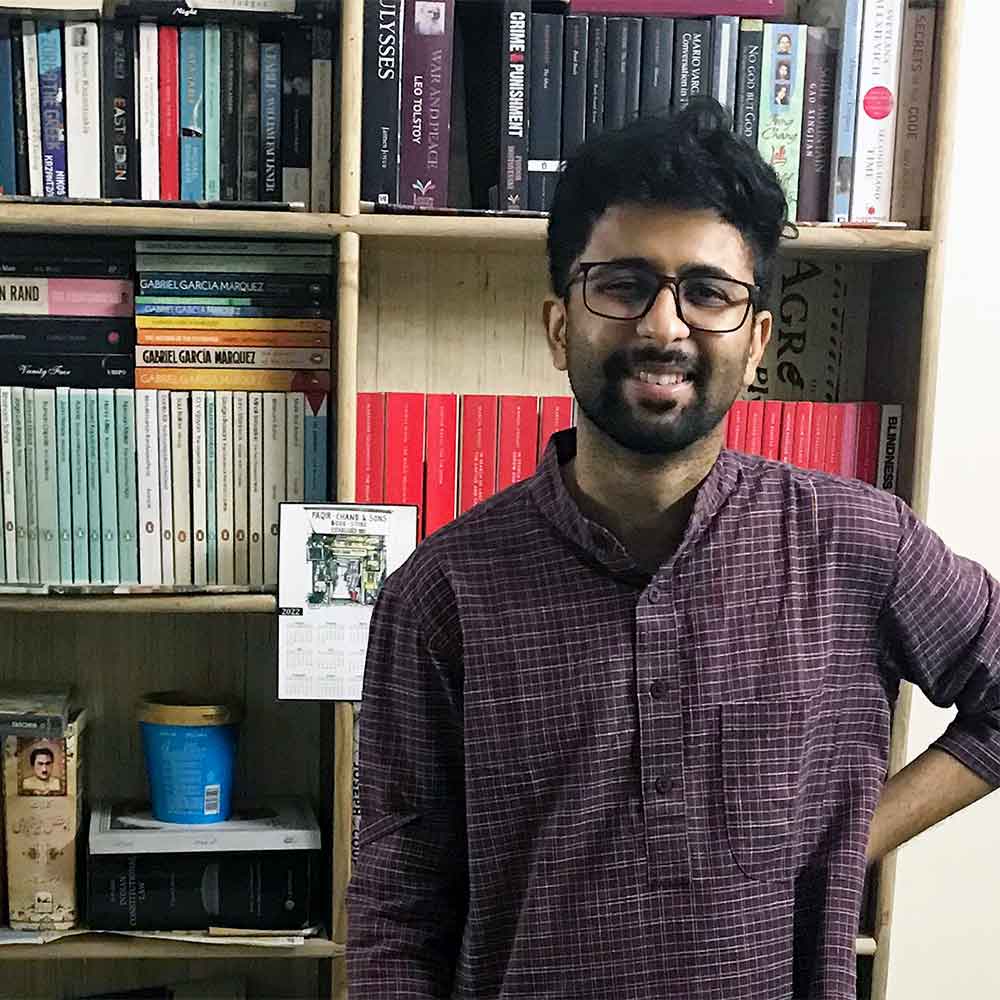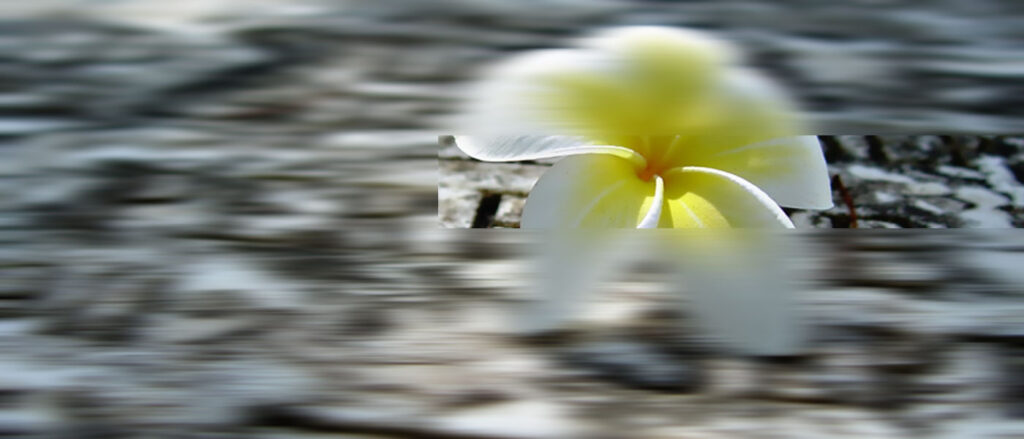If Memory Could Speak a Language
The frangipani’s last falling flower makes its way to a graveyard on the passing-by shroud?
Anything more to say?
Well I wanted it to land in the dead of the night on the broken arm of a boy being pushed onto the police vehicle’s rear seat.
The ghetto sleeps and a flower is plucked.
Or take the metallic tincture of a rebel’s clothes and perish in his blood-soaked basin.
A dying heart’s defeat.
Or maybe, to graze an old copy of Unfortunately, It was Paradise on the shelf of a lover who went away too far.
An impossible memory.
Or to fall beside the discarded tear gas can I saw yesterday on this road, burning echo of that clanking still afresh in front of me.
Steel clashing against the old bitumen.
Or to collect all the stories of this land marked within its petals.
The tyrant sees things as they are: the shroud, the flower, cloth, the book, the can.
He does not know the language of loss in the flower’s descent. He looks away.
The shroud remains the shroud, the falling flower, the falling flower, and the words, just hollow skinless words.
But alas. He is not aware that grief is its own mutiny.
Delicate Freedom
In a prison, between torture sessions,
think back upon the evenings spent
in remembrances of lost lives,
in carving freedom out of concrete ruins and death.
Long to breathe that freedom again,
to feel your beloved’s arms in the clearing mist.
The jostling crowd of a funeral prayer,
the sight of a wailing woman outside the masjid,
the crescent moon, harbinger of genocide,
can you forget that?
You are the lover unloved,
the old mother and
the pregnant woman, all breaking
their fasts in silent imprisonment,
the first Ramadhan dusk.
Write something.
Become a failed revolution.
Naked and soiled.




